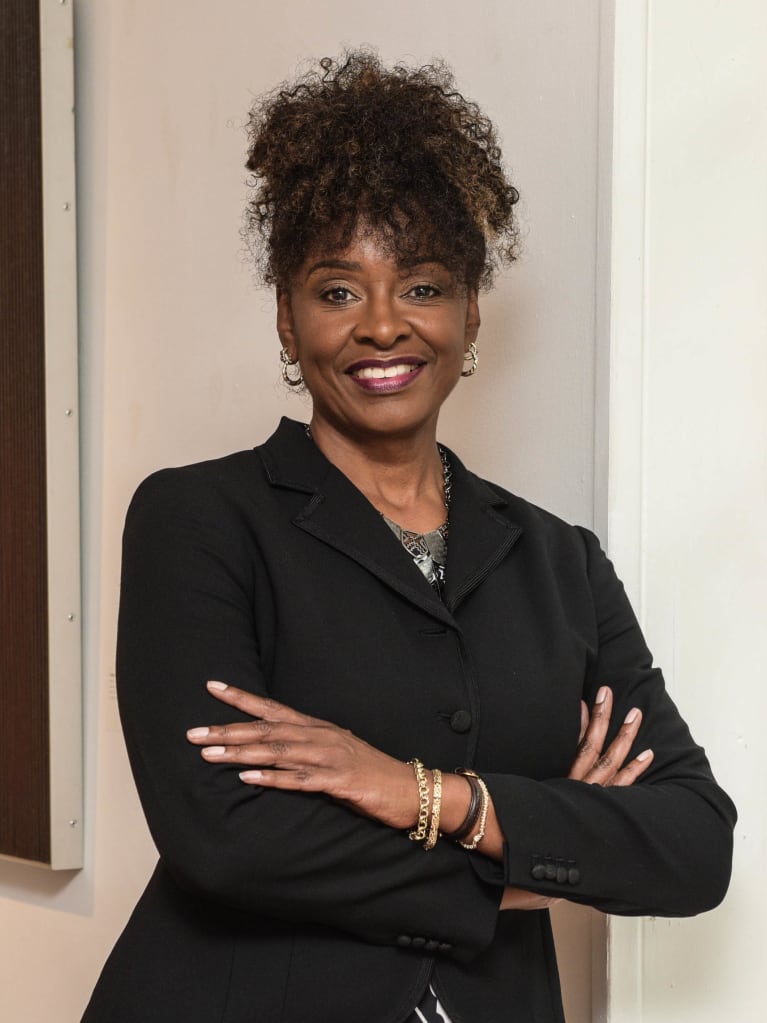 It is only by practicing HR that one achieves senior-level expertise.
It is only by practicing HR that one achieves senior-level expertise.

Of course, in order to succeed at the senior executive level, CHROs must also have a thorough understanding of the organization’s business goals and strategic direction. When business acumen is combined with a solid foundation in HR, the result is an HR leader who can drive people strategy, introduce change, and ensure strategic alignment among executives and employees. HR’s credibility comes from knowledge and skills that can only be attained in practice.
CHROs with experience working in HR can also build critical relationships quickly, given that they are already skilled in partnering with line managers and senior leaders to recruit talent and solve workforce problems.
That is likely why 2015 research from recruiting consultancy Korn Ferry and the University of Michigan found that high-performing CEOs have more in common with high-performing CHROs than they do with most other high-level executives, including chief financial officers, chief marketing officers and chief information officers. Among what CHROs have to offer, according to Korn Ferry, is deep insight into their organizations and a strong understanding of how to manage people—skills best honed by having practiced HR.
In a 2015 Forbes article, leadership advisor Mike Myatt named his top picks for CHROs in leading companies. Half were professionals with more than 10 years of experience in multiple HR roles, including Tim Huval of Humana, Laszlo Bock at Google, Lisa Buckingham of the Lincoln Financial Group, Tony Galbato at Amazon, and Diane Gherson at IBM. They all come from huge, powerful organizations that put a heavy emphasis on people.
Smaller employers value executives with strong people skills as well. Several years ago, MutualBank, the Midwest community bank where I work, delivered payroll through a cumbersome paper-driven process. Human resource information systems (HRISs) were relatively uncommon in small organizations at the time, and senior management was hesitant to invest in a new process, believing workers wouldn’t want to change.
The HR team, however, knew from meeting with managers that employees’ desire to free up valuable work time overshadowed any reluctance to adapt. We also networked with other businesses to find HRIS success stories to share with the executive team.
By drawing on various key competencies—including business acumen, HR expertise and relationship management—we convinced top leaders to move to an automated solution that streamlined processes and improved the business. In fact, MutualBank was among the first banks in Indiana, large or small, to move to an HRIS.
HR gathered financial information, created and executed training plans, and educated managers and staff, ensuring transparency and communication at every point. It took a CHRO with a background in HR to put all the pieces together and engage with the CEO to ensure success.
A well-honed expertise in “all things human” is what makes for the best CHROs—and only those who have walked in HR’s shoes can bring that experience to the role.
Dorothy Douglass, SHRM-SCP, is vice president of HR at MutualBank in Muncie, Ind.
 C-suite executives lead with business acumen.
C-suite executives lead with business acumen.
 When asked this question, many HR practitioners may have a knee-jerk reaction and respond that of course CHROs need extensive experience in human resources to succeed. But I challenge that perspective by posing another question: What does it take for a CHRO to be effective?
When asked this question, many HR practitioners may have a knee-jerk reaction and respond that of course CHROs need extensive experience in human resources to succeed. But I challenge that perspective by posing another question: What does it take for a CHRO to be effective?
Once people reach the C-suite, technical and functional expertise matter less than leadership skills and having a strong grasp of business fundamentals. Moreover, the workplace is undergoing fundamental shifts that require diverse skills across a broad range of expertise. For example, today’s workforce includes employees from five generations and is dominated by Millennials, who last year surpassed Generation X as the largest generation in the labor force, according to U.S. Census data. The business landscape is further complicated by constant advances in technology, globalization and the so-called gig economy.
In the 21st century work world, one size does not fit all, and it would behoove organizations to explore all manner of business professionals when recruiting for this vital role.
Although CHRO is the top HR position in many organizations, those who attain this role do not always arrive there by working in HR.
Google’s Eileen Naughton is a good example. The tech company recently announced that Naughton, currently vice president of sales and operations at Google in the U.K. and Ireland, will take over for Laszlo Bock as head of HR. Although Naughton has no prior HR experience, she has worked extensively as an executive and sales leader at Time Warner Inc., YouTube and Google.
In a 2015 Aon Hewitt study of 45 CHROs from leading global companies, fewer than half had a background purely in HR, and 73 percent had changed their industry at least once in their career. Moreover, 67 percent had worked or lived abroad, and 65 percent pointed to “business knowledge” as the key competency they required.
The report identified other critical skills needed to become an effective CHRO, none of which is exclusive to HR: thinking strategically, driving change and influencing others. Clearly, diversity of experience is crucial for success.
Along those lines, HR’s background in working with all employees isn’t necessarily a prerequisite for being a CHRO. A study conducted by the Cornell University Center for Advanced Human Resource Studies found that a sampling of Fortune 150 CHROs spent almost three-quarters of their time with senior leaders (45 percent) or HR team members (27 percent). The remaining quarter of their time was allocated sparingly to other constituencies.
Moreover, a 20-year analysis of global trends in human resource management published in 2015 found that HR leaders themselves generally judge the profession more harshly than those in other parts of the business, calling it only moderately satisfactory in its skills and effectiveness and slow to adapt in the face of increasing challenges.
As more professionals change jobs and even vocations over the course of their working lives, the likelihood that leaders will come from divergent career paths will only increase—and the business world will be richer for that diversity.
The world has changed. Now it’s up to us to change with it.
Valerie Keels, SHRM-SCP, is head of DC Office Services for Gavi, the Vaccine Alliance, in Washington, D.C. She oversees the HR function at her organization.
[SHRM members-only resource: Job description--CHRO]
Was this article useful? SHRM offers thousands of tools, templates and other exclusive member benefits, including compliance updates, sample policies, HR expert advice, education discounts, a growing online member community and much more. Join/Renew Now and let SHRM help you work smarter.
Advertisement
An organization run by AI is not a futuristic concept. Such technology is already a part of many workplaces and will continue to shape the labor market and HR. Here's how employers and employees can successfully manage generative AI and other AI-powered systems.
Advertisement


